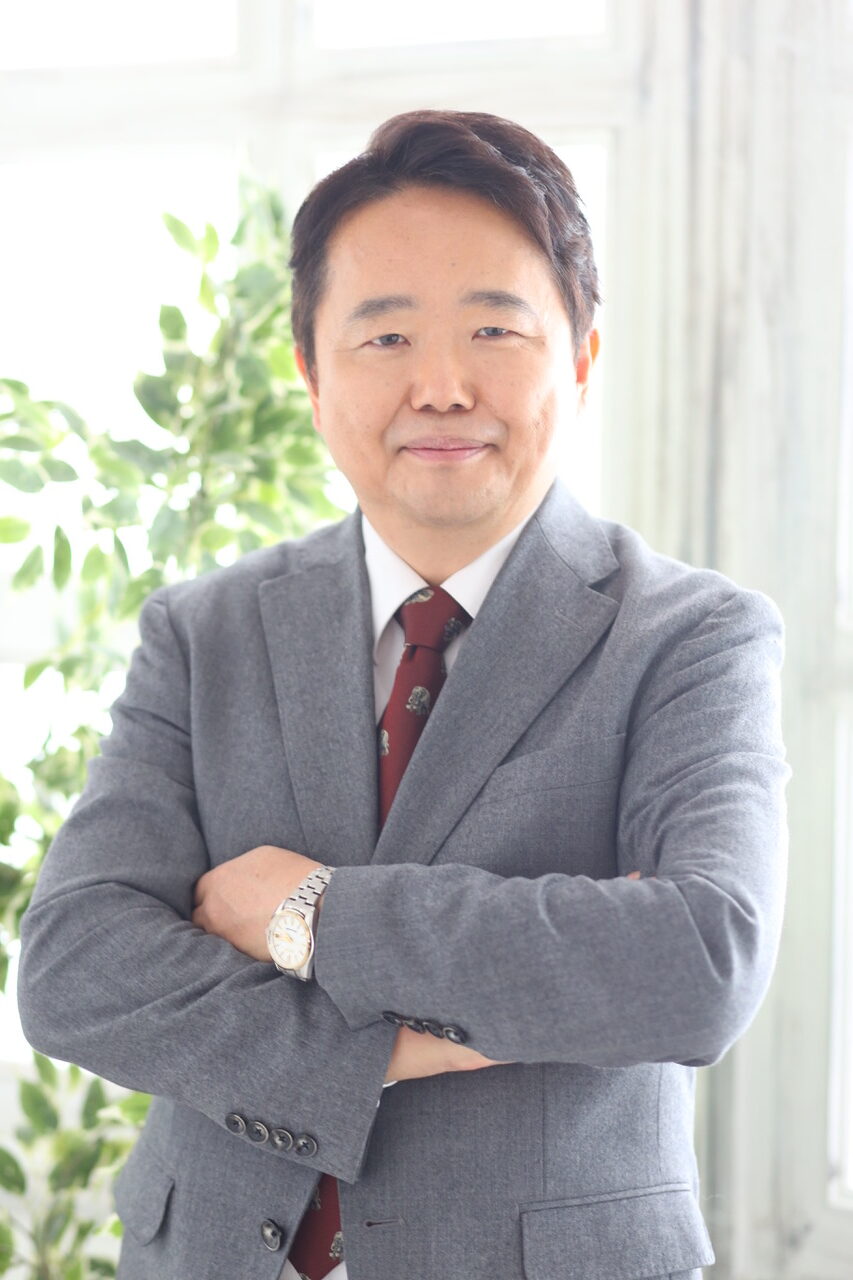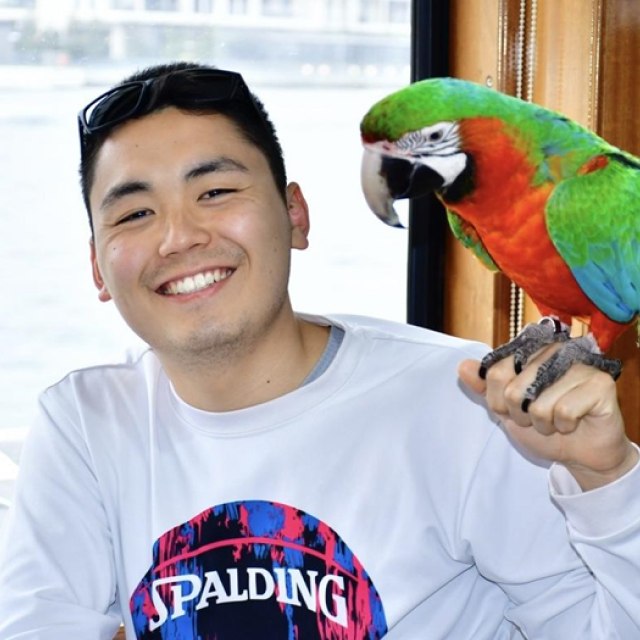Waseda University Reconciliation Studies Forum
2025 International Seminar on Heritage Interpretation and Presentation for Future Generations
Conflicting Discourses in Interpreting Contested Heritage
The Role of Diverse Communities in Fostering Dialogue
for Peacebuilding and Reconciliation
Seoul National University (SNU, Institute of International Studies),
Waseda University (WU, Center for International Reconciliation Studies),
ICOMOS-ICIP, and Our World Heritage (OWH)
Project Title
2025 International Seminar on Heritage Interpretation and Presentation for Future Generations
Background
Heritage sites associated with modernization, colonization and wars serve as vital spaces for finding missed facts and testimonies, facilitating a deeper understanding of history for future generations. However, these sites often become points of serious disputes, contention and emotional conflicts due to collective memories, which would function to unify each nation including differently politicized domestic groups.
The recent contested cases of the Meiji Industrial Heritage Sites and the Sado Gold Mines, nominated by Japan for the UNESCO World Heritage List, illustrate how heritage can become a site of conflict over the interpretation of the past. These confrontations are further intensified by domestic and international politics, leading to the marginalization of dissonant memories in heritage discourse. Similar cases can be found in other countries, particularly in discussions on decolonization and war narratives.
Consequently, there is a pressing need to incorporate underrepresented voices in order to achieve a more balanced and synthetic understanding of history and to counter disinformation, bias, and discrimination. In particular, the roles of both local and international communities are critical in ensuring the inclusion of diverse perspectives on contested heritage sites, while fostering a comprehensive historical narrative. This, in turn, can lay the groundwork for meaningful dialogue among stakeholders with varying viewpoints.
Through ongoing collaboration between academic institutions and civil society organizations, the promotion of inclusive narratives about modernization, colonialism, and war at heritage sites—with active participation from future generations—can significantly contribute to the process of peacebuilding and reconciliation. The International Seminar on Heritage Interpretation, organized since 2022, serves as a valuable platform for bringing together diverse stakeholders to engage in good-faith discussions on interpreting contested heritage.
※ 2024 International Seminar on Heritage Interpretation and Presentation for Future Generation: Interpretation and Presentation of Contested Heritage towards Truth and Peace-building – The Roles of Heritage Sites and Museums (24 June 2024/ Bush House, King’s College London, UK & Online), hosted by Seoul National University, King’s College London (KCL), International Scientific Committee on Interpretation and Presentation of Cultural Heritage Sites (ICOMOS-ICIP), and Our World Heritage (video available here and report available here)
※ 2023 International Seminar on Heritage Interpretation and Presentation for Future Generation: Understanding Wartime Narratives in the Digital Age (June 15, 2023/ VU Amsterdam & Online), hosted by Seoul National University, VU Amsterdam and Our World Heritage (more information available here)
※ 2022 International Seminar to Share Best Practices in WW2 Heritage and Youth Engagement: Countering Revisionism – Engaging New Generations in Memory, Truth and Justice around World War II Heritage (July 7, 2022/ Rubin Museum in New York, USA & Online), hosted by Seoul National University and International Coalition of Sites of Conscience (video available here)
Purpose
- To compile best practices in the interpretation and presentation of heritage related to wars, colonization and authoritarian rule.
- To foster contributions from, and promote collaboration among, various local and international communities dedicated to highlighting the full aspects of contested heritage.
- To enhance the understanding of future generations regarding the controversial nature of heritage history and the critical importance of uncovering a comprehensive historical narrative for the advancement of peacebuilding.
Outline of the Seminar
- Time/Venue: 14 June 2025 / Waseda University, Tokyo
- Hosts: Institute of International Studies at Seoul National University (SNU), Center for International Reconciliation Studies at Waseda University (WU), ICOMOS-ICIP (International Scientific Committee on Interpretation and Presentation of Cultural Heritage Sites), and Our World Heritage (OWH)
- Participations
・(On-Site/ about 100 ppl) Experts in heritage interpretation and presentation, representatives from museums and heritage sites, NGO representatives, students, public, etc. (about 2-30 speakers and 7-80 participants)
・(Online/ about 100 ppl) All interested people - Theme: Conflicting Discourses in Interpreting Contested Heritage
The Role of Diverse Communities in Fostering Dialogue for Peacebuilding and Reconciliation - Main Contents:
・A keynote presentation by an expert on the significance of heritage sites as spaces for future generations to engage with contested heritage associated with double sided modernization, colonialism and wars, with particular focus on human rights violations.
・Expert presentations on the complex and multifaceted nature of heritage interpretation and presentation, exploring the roles of various local and international communities in facilitating dialogue for peacebuilding.
・Case study presentations by local museums and civil society organizations, offering insights into their experiences with contested heritage.
・Presentations by students and junior scholars, sharing their perspectives on the interpretation and presentation of contested heritage, and advocating for a holistic approach to understanding and
addressing these issues.
※ Youth participants (4 speakers + possibly, 6 poster session winners) are selected by a call for abstracts by co-hosts.
※ After the seminar, presentations will be invited for full paper submission and published. - Language: English and Japanese (simultaneous interpretation)
- Programme (tentative)
| Time | Programme |
| 10:00-10:15 | Opening (Moderator: Dr. Nagasawa Yuko, Adjunct Researcher, Reconciliation Studies Project, Waseda University / Visiting Scholar Fellow, Seoul National University Asia Center) ● Welcome Remark Prof. Toyomi Asano, Dept. of History of Japanese Politics / Director, Reconciliation Studies Project, Waseda University ● Opening Remarks Prof. Dong-Joon Jo, Dept. of Political Science and International Relations / Vice-Director, Institute of International Studies, Seoul National University Prof. Mizuko Ugo, Board Member, Our World Heritage / Professor, Dept. of Intercultural Studies, Gakushuin Women’s College Ms. Kerime Danis, President, ICOMOS-ICIP (ONLINE) |
| 10:15-12:00 | Session 1: Interpreting Japanese World Heritage Sites: Why are they dissonant, and how can they be reconciled? ● Moderator: Prof. Toyomi Asano, Dept. of History of Japanese Politics / Director, Reconciliation Studies Project, Waseda University ● Presentations (15 mins each) Japan’s Mining Heritage in Dispute: Plural Understanding for Heritage Sustainability: Prof. Ryoko Nakano, Dept. of International Studies, Kanazawa University Process of Inscription and Exhibition of the Sado Island Gold Mines: Mr. Hideya Sakai, Director, Niigata Prefectural Museum of History NGO Efforts toward Decolonization and Reconciliation: Mr. Younghwan Kim, Director of External Relations, Institute for Research on Collaborationist Activities ● Panel Discussion (7 mins each for the first intervention) Prof. Jae Heon Choi, Dept. World Heritage Studies, Konkuk University / President of ICOMOS-Korea Prof. Andrew Gordon, Dept. of History, Harvard University (ONLINE) Prof. Yasuyoshi Okada, Institute for Cultural Studies of Ancient Iraq, Kokushikan University / President of ICOMOS Japan |
| 12:00-13:30 | Lunch Break |
| 13:30-15:10 | Session 2: Interpreting Contested Heritage: Memories and Dialogue among Diverse Communities ● Moderator: Prof. Dong-Joon Jo, Dept. of Political Science and International Relations / Vice-Director, Institute of International Studies, Seoul National University ● Presentations Case of Auschwitz: Prof. Kamil Zeidler, Faculty of Law and Administration, University of Gdansk, Poland (ONLINE) The Past Is an Indigenous Country? Reworking heritage interpretation on the east coast of Taiwan: Prof. Shu‐Mei Huang, Graduate Institute of Building and Planning, National Taiwan University Layers of Loss and Meaning: Inclusive Heritage Interpretation in Syria’s Transitional Period: Dr. Hiba Alkhalaf, Research Associate, King’s College London Reclaiming Narratives: Towards Inclusive and Contextual Heritage Interpretation of African World Heritage Sites: Prof. Tokie Laotan-Brown, President, Association of Critical Heritage Studies / Board Member, OWH (Nigeria/Ireland) ● Panel Discussion Prof. Yujie Zhu, Research School of Humanities & the Arts, Australian National University Dr. Shikha Jain, Founder Director, DRONAH / Former Rapporteur of the 45th World Heritage Committee Prof. Bekeh Ukelina, Dept. of History, State University of New York, Cortland |
| 15:10-15:30 | Break |
| 15:30-17:20 | Session 3: Voices of Future Generations on Contested Heritage – Pathways to Peacebuilding and Reconciliation ● Moderator: Prof. Lynn Meskell, Dept. of Anthropology, University of Pennsylvania, US ● Presentations Narrating Exile: Contested Heritage and Community Politics at the Tibet Museum: Devina Dimri, Master’s, Museum Studies, University College London Beyond the Binary: Grassroots Memory and the Reconciliatory Role of Colonial Heritage in South Korea and Japan: Hyunjae Kim, Ph.D.Heritage Studies, University of Cambridge The Politics of Difficult Heritage in Museums: Slavery History in Ghana: Huzeima Mahamadu, Ph.D.Arts and Social Sciences, Australian National University The Challenge of ‘Never Again’: Rethinking Colonial Prison Heritage Interpretation in Mainland China: Beixi Sun, Ph.D.Heritage Studies, University of Liverpool Contested Heritage and Institutional Narratives: A Critical Analysis of the Ogura Collection at the Tokyo National Museum: Keitoku Ikegami, Master’s, Peace Studies, International Christian University ● Panel Discussion (3 panelists) Dr. Nagasawa Yuko, Adjunct Researcher, Reconciliation Studies Project, Waseda University / Visiting Scholar Fellow, Seoul National University Asia Center Prof. Chungsun Lee, Project Assistant Professor, Humanities and Social Science Studies, University of Tokyo Dr. Jihon Kim, Research Fellow, Institute of International Studies, Seoul National University / Adjunct Professor, World Heritage Studies, Konkuk University ● Poster Session Mark Gabriel Wagan Aguilar,Ph.D. Public Administration, Southern Philippine Academy College Mohamad Waheed Fareed Abdelfattah, Master’s, Heritage Management, University of Sharjah Xiaochun Ma, Ph.D.Heritage and Museum Studies, Australian National University Celesté M. Holmes-Tate, Ph.D. Law and Politics Course (International Relations), Kanazawa University Jack William Greenberg, Independent Researcher Tseng Chun-Chia, Master’s, Building and Planning, National Taiwan University Katrina Ludwikowski, Bachelor’s, History, SUNY Cortland ※ Poster session will be organized in conjunction with this session. |
| 17:20-17:30 | Closing (Moderator: Dr. Jihon Kim, Research Fellow, Institute of International Studies, Seoul National University / Adjunct Professor, World Heritage Studies, Konkuk University) ● Summary of the Seminar ● Closing Remark Prof. Toyomi Asano, Dept. of History of Japanese Politics / Director, Reconciliation Studies Project, Waseda University Prof. Dong-Joon Jo, Dept. of Political Science and International Relations / Vice-Director, Institute of International Studies, Seoul National University |
※ The programme is subject to change.



